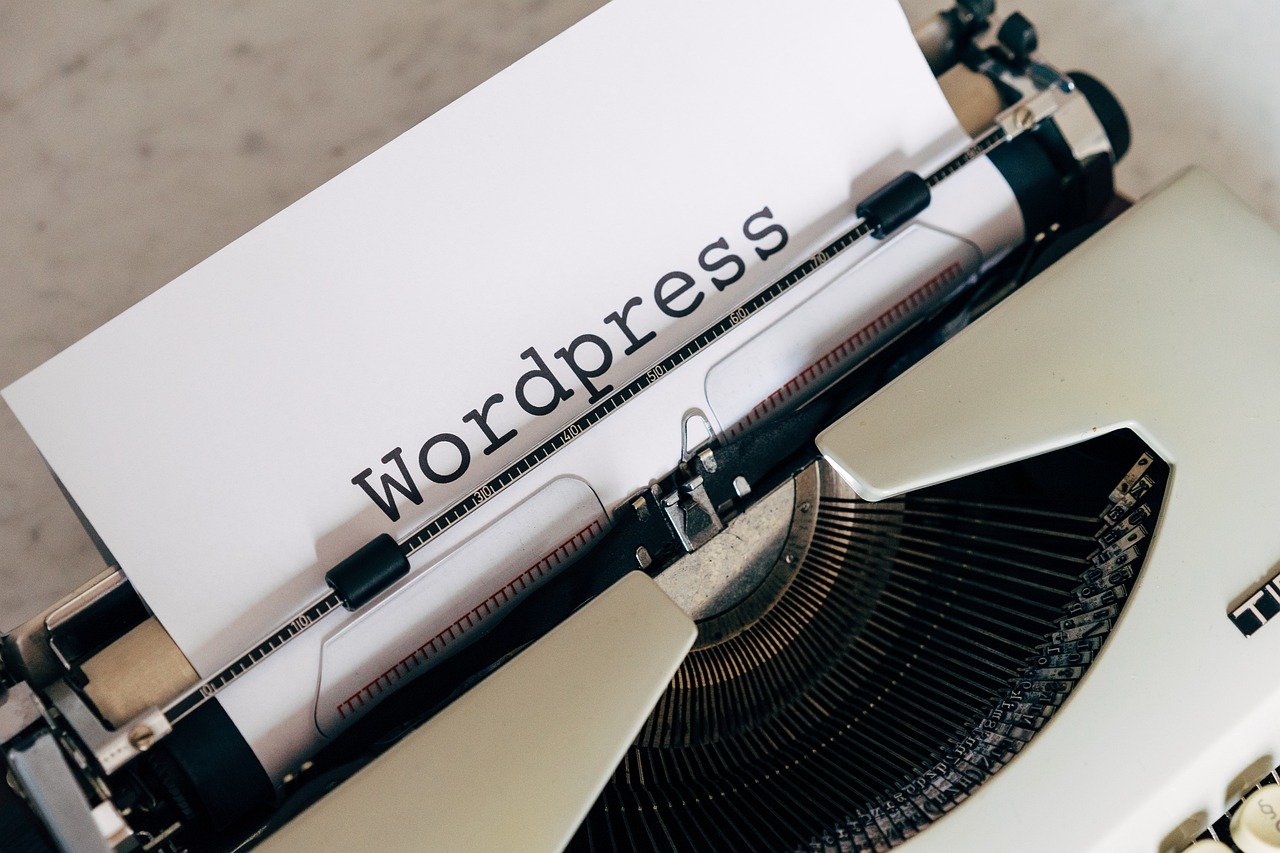WordPress has become a dominant force in the world of website development, powering over 40% of all websites globally. As a versatile content management system (CMS), it offers extensive capabilities for customization through code. Whether you’re a beginner looking to dip your toes into the world of coding or an experienced developer seeking to enhance your skills, understanding WordPress代码学习 (WordPress code learning) is essential. This comprehensive guide explores the tools, tips, and techniques that will empower you on your journey to mastering WordPress coding.
Understanding WordPress Code
Before diving into the resources and techniques, it’s important to grasp what WordPress coding encompasses. At its core, WordPress is built using three primary languages:
- PHP: The backbone of WordPress, PHP is a server-side scripting language that handles dynamic content and database interactions.
- HTML: This markup language structures the content of your web pages, defining elements like headings, paragraphs, and links.
- CSS: Cascading Style Sheets control the visual presentation of your website, allowing you to customize colors, fonts, and layout.
Familiarity with these languages will set the foundation for your WordPress代码学习 journey.
Essential Tools for WordPress Coding
Having the right tools at your disposal can significantly enhance your learning experience. Here are some essential tools that every aspiring WordPress coder should consider:
1. Code Editors
A good code editor can make coding more efficient and enjoyable. Here are a few popular options:
- Visual Studio Code: Highly customizable and feature-rich, this editor supports extensions and has built-in Git control, making it perfect for collaborative coding.
- Sublime Text: Known for its speed and simplicity, Sublime Text is ideal for quick edits and offers a distraction-free writing mode.
- Atom: An open-source editor from GitHub, Atom allows for real-time collaboration and has a rich library of packages for added functionality.
2. Local Development Environment
Testing your code before deploying it live is crucial. Setting up a local development environment allows you to experiment without affecting your live site. Some popular options include:
- XAMPP: This software package installs Apache, MySQL, and PHP on your local machine, allowing you to run WordPress locally.
- Local by Flywheel: A user-friendly tool that simplifies the process of setting up a local WordPress site.
- MAMP: Similar to XAMPP but tailored for Mac users, MAMP provides an easy way to run WordPress locally.
3. Browser Developer Tools
Every major browser comes with built-in developer tools that allow you to inspect elements, modify CSS on the fly, and debug JavaScript. Familiarizing yourself with these tools can greatly enhance your coding skills.
4. Version Control Systems
Using version control systems, like Git, allows you to track changes in your code, collaborate with others, and revert to previous versions if necessary. Platforms like GitHub or Bitbucket make it easy to manage your code repositories.
Tips for Effective WordPress Code Learning
1. Start with the Basics
Begin by mastering HTML, CSS, and PHP. There are countless online resources, tutorials, and courses available for free or at a low cost. Websites like Codecademy, W3Schools, and freeCodeCamp offer interactive lessons that can help you grasp the fundamentals.
2. Leverage WordPress Codex and Developer Resources
The WordPress Codex is the official documentation for WordPress. It contains invaluable information on functions, classes, and the overall architecture of WordPress. Additionally, the WordPress Developer Handbook provides insights into themes, plugins, and the REST API, making it a vital resource for coders.
3. Practice with Themes and Plugins
Creating your own themes and plugins is one of the best ways to learn WordPress coding. Start small by modifying existing themes or plugins, then gradually work your way up to developing your own from scratch. The Theme Development Handbook and Plugin Development Handbook offer structured guidelines to help you get started.
4. Join the WordPress Community
Engaging with the WordPress community can provide you with support, inspiration, and networking opportunities. Participate in forums, attend WordCamps, or join local meetups. Websites like Stack Overflow and the WordPress Support Forums are excellent places to ask questions and share knowledge.
5. Follow Coding Standards
Adhering to WordPress coding standards is essential for maintaining code quality and consistency. Familiarize yourself with the WordPress Coding Standards to ensure your code is clean, readable, and maintainable.

Advanced Techniques for WordPress Coding
Once you have a solid foundation, you can explore advanced techniques to further enhance your skills:
1. Object-Oriented Programming (OOP)
Understanding OOP principles can help you write cleaner, more efficient code. Many modern WordPress plugins and themes leverage OOP, so mastering this concept can be incredibly beneficial.
2. APIs and RESTful Services
As WordPress evolves, integrating external APIs becomes increasingly common. Familiarizing yourself with the WordPress REST API will enable you to create dynamic applications and interact with external services seamlessly.
3. Performance Optimization
Learn techniques for optimizing the performance of your WordPress site, such as caching, minimizing HTTP requests, and optimizing images. Tools like GTmetrix or Google PageSpeed Insights can help you assess your site’s performance.
4. Security Best Practices
Understanding security is crucial for any developer. Familiarize yourself with common vulnerabilities and learn how to implement best practices to protect your site, such as validating and sanitizing user input.
Conclusion
Embarking on your WordPress代码学习 journey can be both exciting and rewarding. With the right tools, resources, and mindset, you can develop the skills needed to create dynamic and engaging websites. Whether you aspire to be a theme developer, plugin creator, or simply wish to customize your own site, this comprehensive guide serves as your roadmap to mastering WordPress coding.
FAQs About WordPress代码学习
What is the best way to learn WordPress coding?
Start with online courses and tutorials to understand the basics, then practice by modifying themes and plugins.
Do I need to know how to code to use WordPress?
While basic coding knowledge can enhance your capabilities, WordPress also allows for extensive customization through its visual editor and plugins.
How can I get support while learning?
Engage with the WordPress community through forums, local meetups, and WordCamps to gain insights and support from fellow learners.
What coding standards should I follow?
Familiarize yourself with the WordPress Coding Standards to ensure your code is clean and maintainable.
What are some common mistakes to avoid?
Avoid hardcoding values, neglecting security practices, and failing to document your code, as these can lead to issues down the line.





